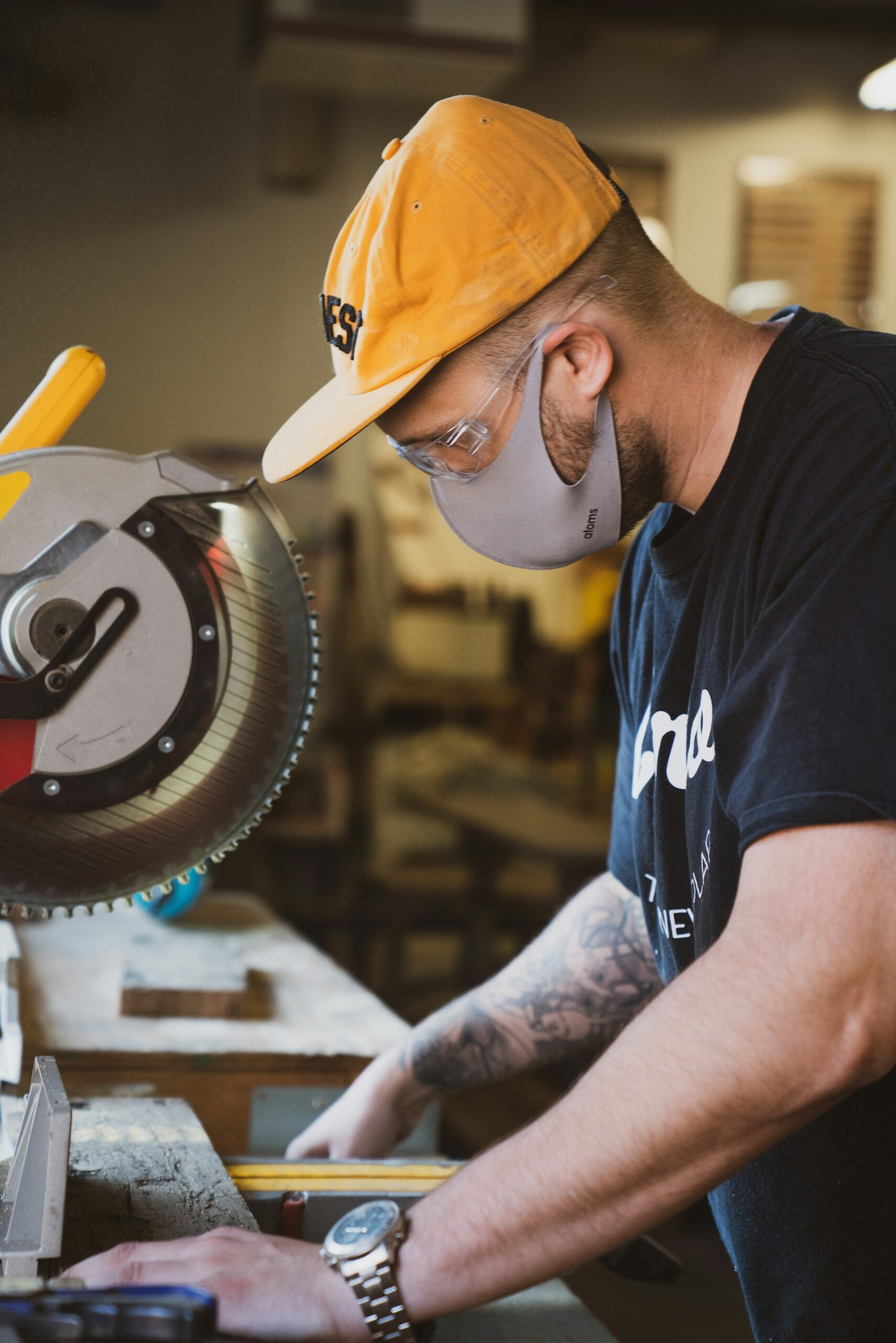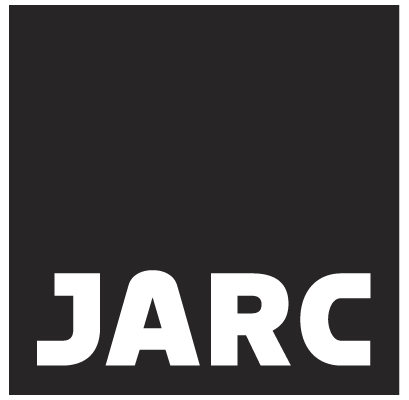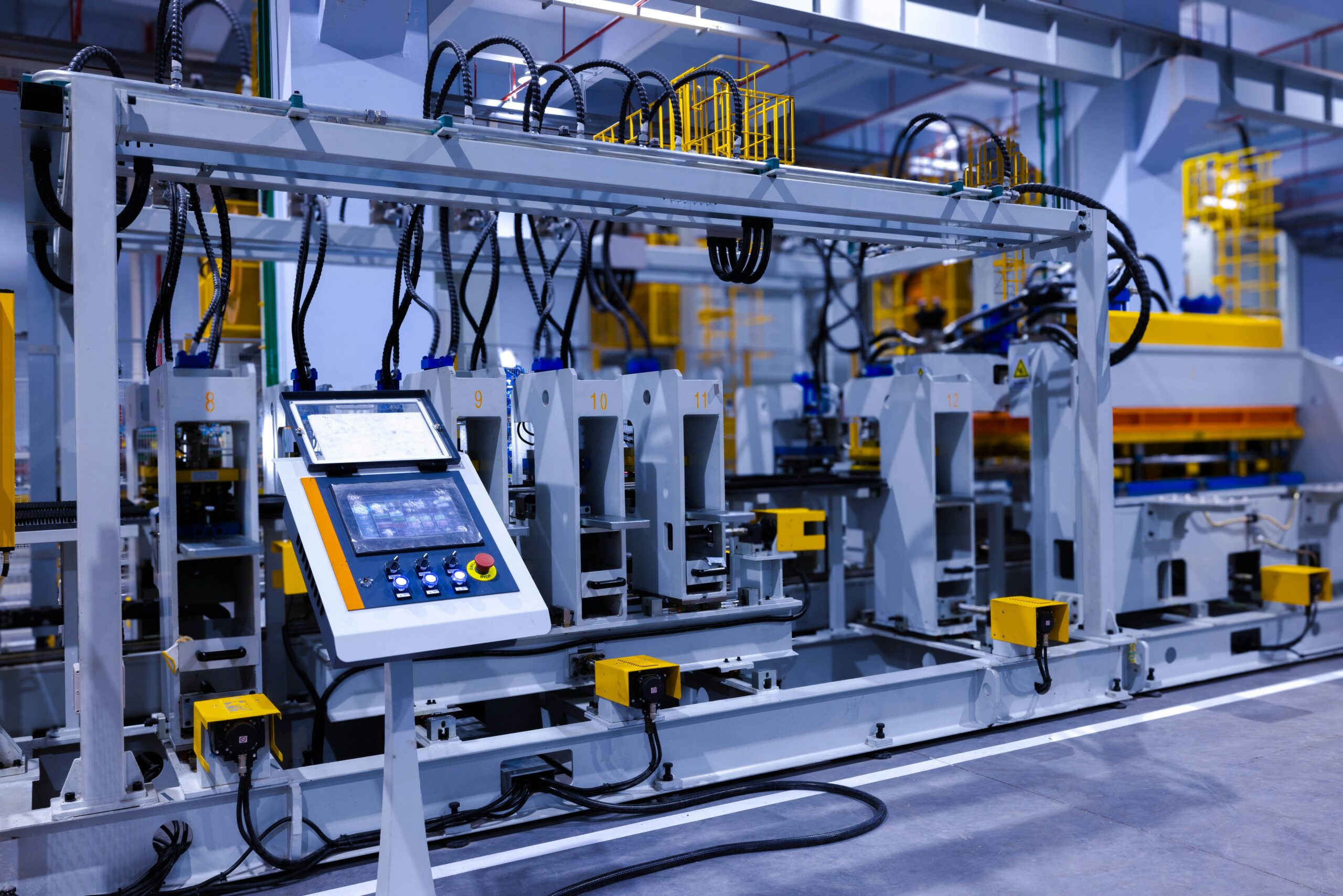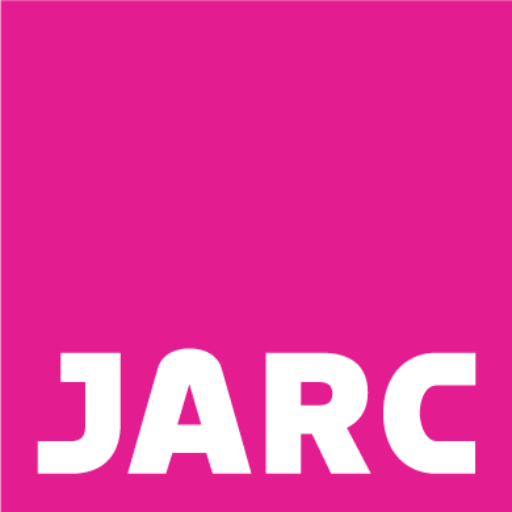A Closer Look at Community Impact
Manufacturing is more than just an industry that produces goods—it’s a key driver of economic growth and stability for local communities. By creating jobs, boosting local businesses, and fostering innovation, manufacturing plays a critical role in the health of regional economies. This blog post explores how the manufacturing sector directly impacts local economies, supports community development, and provides opportunities for economic mobility.

Job Creation and Economic Stability
Manufacturing provides employment to millions of workers across a variety of skill levels. For many communities, especially in rural or economically challenged areas, manufacturing jobs serve as a backbone for local employment. Unlike some industries that require advanced degrees, manufacturing offers entry-level opportunities for workers with high school diplomas or equivalent certifications, making it accessible to a broad population. The wages in manufacturing also tend to be competitive, often higher than those in service-sector jobs.
These well-paying positions allow workers to support their families, contribute to the local tax base, and spend money in the community. By creating stable, well-paid jobs, the manufacturing sector helps anchor communities and reduce economic disparities.
For instance, in areas where a major manufacturing plant is present, the local economy is often bolstered by the spending power of manufacturing workers. Local businesses, such as grocery stores, restaurants, and retail outlets, benefit from increased consumer spending, further multiplying the economic benefits.
Support for Small and Medium-Sized Enterprises (SMEs)
Manufacturing plants don’t operate in isolation; they rely on a network of small and medium-sized enterprises (SMEs) to supply materials, logistics, and other services. This creates a ripple effect across the local economy. SMEs that support manufacturing plants often grow alongside them, generating new business opportunities and jobs.
Additionally, local manufacturers often partner with nearby suppliers and service providers. This fosters a healthy economic ecosystem where local businesses are interconnected and mutually supportive. For example, local tool and die shops, metal suppliers, and transportation companies benefit from manufacturing facilities in their vicinity, creating a thriving local supply chain.
By boosting the demand for local products and services, manufacturing enhances the growth potential of smaller businesses, making them integral to the community’s economic fabric.

Fostering Innovation and Workforce Development
Manufacturing is often associated with technological innovation, especially as the industry continues to evolve with automation, robotics, and advanced manufacturing techniques. This emphasis on technology drives demand for skilled workers and encourages investments in workforce development. As manufacturers adopt new technologies, they frequently collaborate with local educational institutions to ensure that workers are trained in the skills needed for modern manufacturing jobs.
In this way, manufacturing plants invest in local talent, creating a skilled workforce that is more adaptable to economic changes. Programs like those offered by JARC provide technical training in CNC machining, welding, and robotics, equipping workers with high-demand skills. These programs not only help individuals achieve economic mobility but also ensure a steady supply of skilled workers for manufacturers.
Additionally, by fostering innovation, manufacturing attracts further investment in technology and infrastructure, setting the stage for long-term economic growth. High-tech manufacturing facilities are often magnets for additional businesses, from tech startups to logistics firms, contributing to a diverse and resilient local economy.
Strengthening Community Ties
Manufacturing companies are often deeply embedded in the communities they serve. Many manufacturing plants have been operating in the same regions for decades, creating a strong bond between the industry and the local population. This connection extends beyond economics; manufacturing companies frequently invest in local schools, sponsor community events, and participate in charitable activities.
For example, some manufacturers establish apprenticeship programs with local high schools and community colleges, offering students hands-on experience and a pathway to well-paying careers. Others sponsor workforce development initiatives or contribute to local infrastructure improvements, such as roads and public transportation, which benefit the entire community.
Manufacturing plays a vital role in supporting local economies by creating jobs, fostering innovation, and strengthening the local business ecosystem. From providing stable employment to investing in workforce development, the industry’s impact extends far beyond the factory floor. As the manufacturing sector continues to evolve, its role in community development will only grow more critically.
At JARC, we are committed to helping individuals gain the skills needed to thrive in the modern manufacturing industry. By empowering workers with high-demand skills, we are not only supporting individuals but also contributing to the long-term economic health of communities. Visit our website www.jarctraining.org to learn more about our training programs and how we help strengthen local economies through manufacturing.




Recent Comments